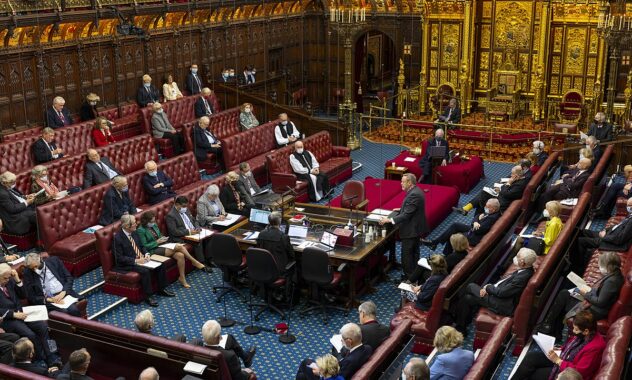Minimum wage and National Living Wage increases
Real Living wage - paid voluntarily by some businesses in the UK - remains at the same level

On the 1st of April, the National Living Wage increased to £11.44 an hour, up from £10.42 – a rise of £1.02 an hour.
From that date also, employees aged 21 and over became entitled to the National Living Wage. Previously, you had to be 23 to qualify.
Younger employees – aged between 16 and 20 – receive the National Minimum Wage.
The rates for this also increased on 1 April:
- If you are 16 or 17, the National Minimum Wage is £6.40 an hour, up from £5.28
- If you are 18, 19 or 20, the National Minimum Wage is £8.60, up from £7.49
The separate apprentice rate, which applies to eligible people under 19 – or those over 19 in the first year of an apprenticeship – will be £6.40 an hour, up from £5.28.
The National Living Wage and National Minimum Wage are both set by the Department for Business and Trade every year on the advice of the Low Pay Commission.
The Real Living Wage is an unofficial hourly rate which is overseen by the Living Wage Foundation charity. It is based on the amount the charity believes people need to earn.
It is aimed at UK workers aged 18 and over, but is not a legal requirement, and businesses choose whether to pay it. The Living Wage Foundation says more than 460,000 employees working for 14,000 firms currently receive the Real Living Wage.
The rate for workers in London – sometimes called the London Living Wage – is £13.15 an hour.
In the rest of the UK, it is £12.







